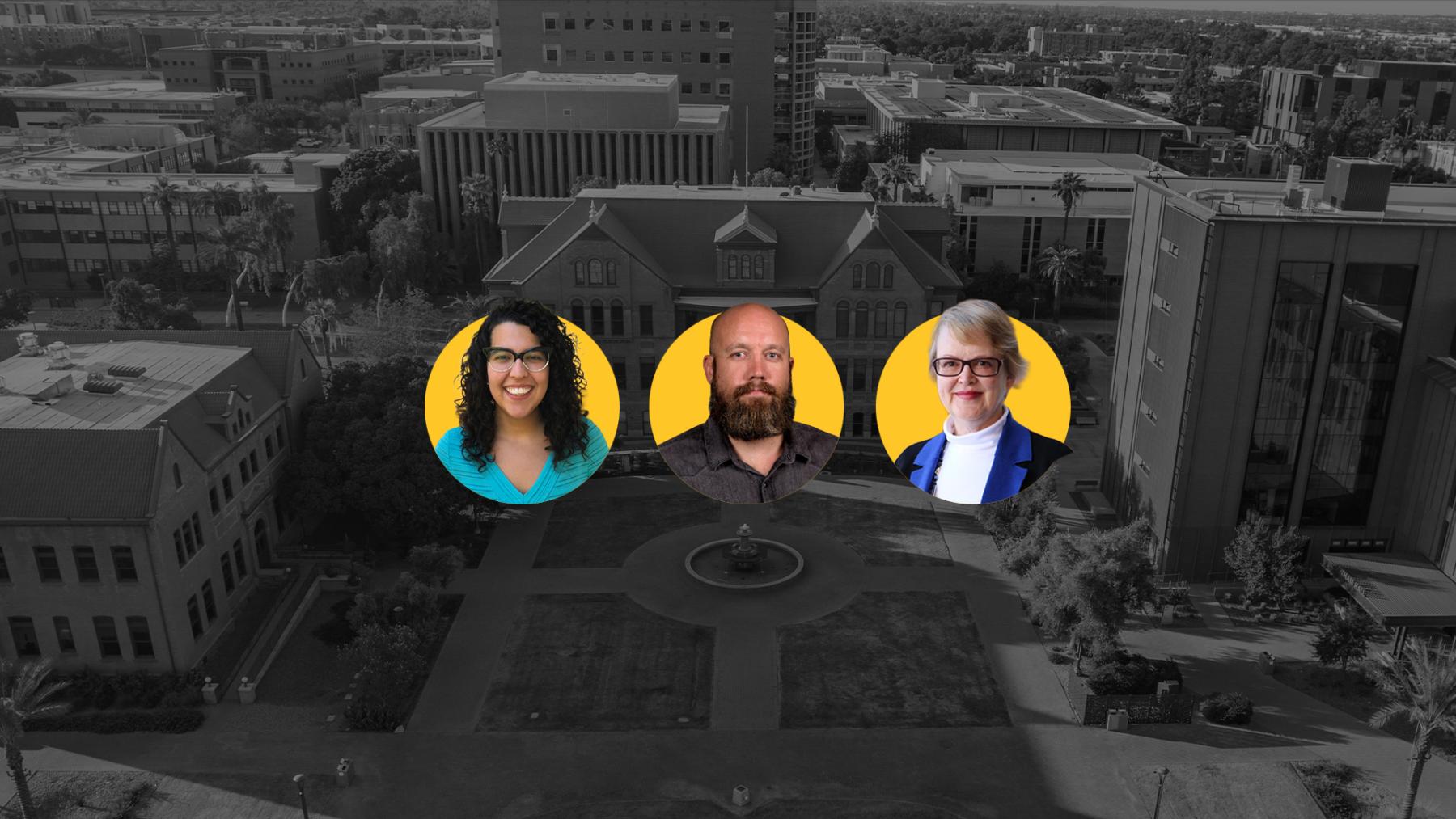
Choosing empathy in a world of speed and self-interest
September’s “bold word” of the month is “empathy.”
Empathy asks us to step outside ourselves, confront discomfort (our own and others’) and choose understanding and compassion in a world that often values speed and self-interest.
Empathy came to mind recently while I was completing a mandatory training in Canvas to become a faculty advisor for a student club. I set aside 30 minutes to complete the course, which included several videos and quizzes and felt confident I could move through it efficiently. You can imagine my frustration when, after carefully watching the videos, the system didn’t record my work as complete. I tried to replay the videos, but they were marked as already viewed, leaving me stuck in what seemed to be an endless loop.
What should have been a straightforward task turned into a frustrating, time-consuming challenge. Yet as I navigated the glitch, I found myself reflecting on the patience of the IT staff working to fix issues like these, the thoughtfulness of the people who created the training, and the persistence of student leaders eager to move their club forward.
That small moment became a reminder of the many students, staff and faculty who are encountering new systems, balancing competing demands, or finding their way through obstacles large and small. For me, it reinforced how powerful empathy can be in building stronger connections and creating a culture of understanding.
I like this definition of empathy by the University of California, Berkeley, which explains the different types of empathy, why we should practice it and how to cultivate it.
Today, I ask you to consider how you show empathy and take some intentional actions — like listening more carefully, showing patience, or offering help. Perhaps you’re a TA extending empathy to students in your class who may be struggling with Canvas, as I did. Maybe it’s toward a roommate caring for a sick pet or a barista balancing work and school. These small gestures can ripple outward to create stronger connections and a more positive culture.
Empathy is important because it allows everyone to understand and share the feelings of others, creating deeper connections and stronger relationships. When we practice empathy, we move beyond judgment and assumption to truly see situations from another person’s perspective. This not only helps people feel valued and heard, but also fosters compassion, cooperation and trust — qualities that are essential in families, communities, workplaces and society as a whole.
Adapting your mindset to include empathy as an approach to relationships encourages kindness and reduces conflict by reminding us of our shared humanity, ultimately shaping the world into a more supportive place.
This academic year, I carry empathy with me as a bold word worth remembering.
— Elizabeth A. Wentz
Vice Provost and Dean, Graduate College
More stories from the Graduate Insider

Graduate education is an adventure
About eighteen months ago, I set out on a journey walking the islands of the Dodecanese during a sailing trip in Türkiye and Greece with several friends. Along the way, I found winding paths, timeless villages and breathtaking views of sea and sky. That experience got me thinking about how adventure shows up in other parts of life, especially in learning.

From practice to presentation: How to deliver a winning faculty job talk
Giving a job talk can feel like the most high-stakes presentation of your academic job search. It’s not just a research seminar—it’s your opportunity to demonstrate vision, communication skills, and fit within a department. In a recent Lunch and Learn, faculty members Associate Professor in School of International Letters and Cultures, Anita Huizar-Hernandez, Professor in School of Life Sciences Jeffrey Jensen, and Professor in Department of Physics Patricia Rankin shared concrete strategies to help graduate students and postdocs succeed as future faculty candidates.

Mentoring matters: Mentoring students through impostor syndrome
Graduate education can be an exhilarating journey — but for many students, it also brings moments of self-doubt and uncertainty. In our recent Mentoring Matters panel, “Mentoring Students Through Impostor Syndrome,” Graduate College Senior Associate Dean Dr. Lisa Anderson sat down with Dr. Rebecca Wachs, Associate Professor in the School of Biological and Health Systems Engineering, and Dr.